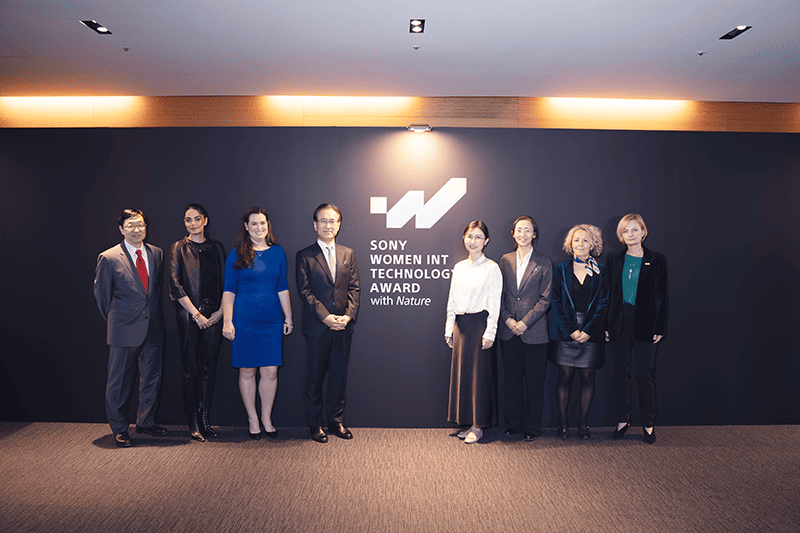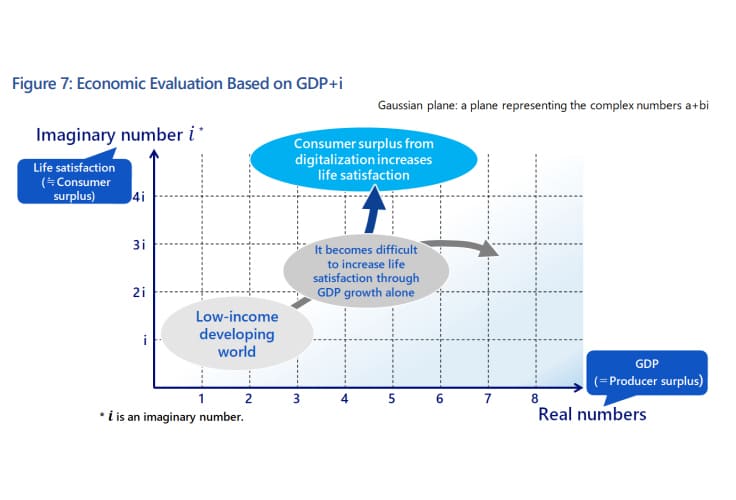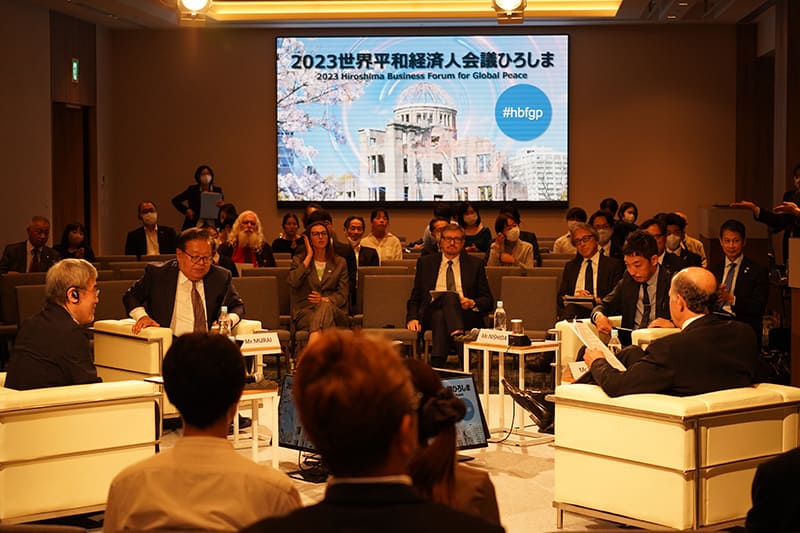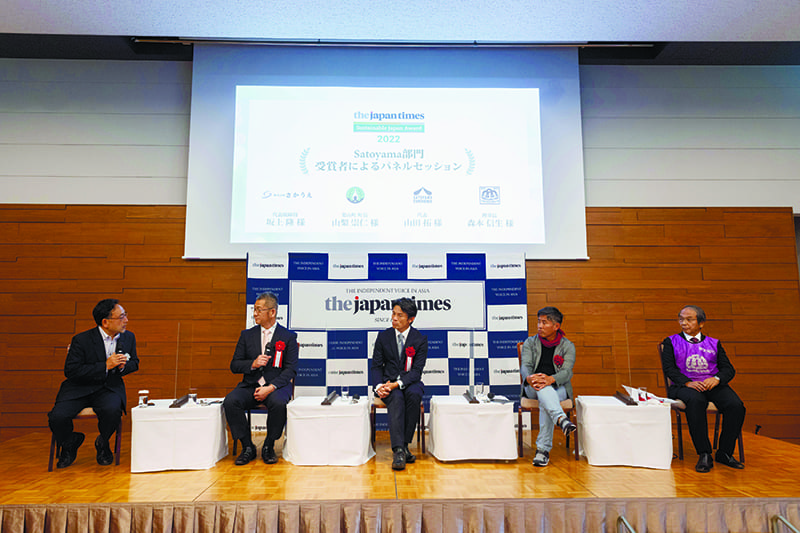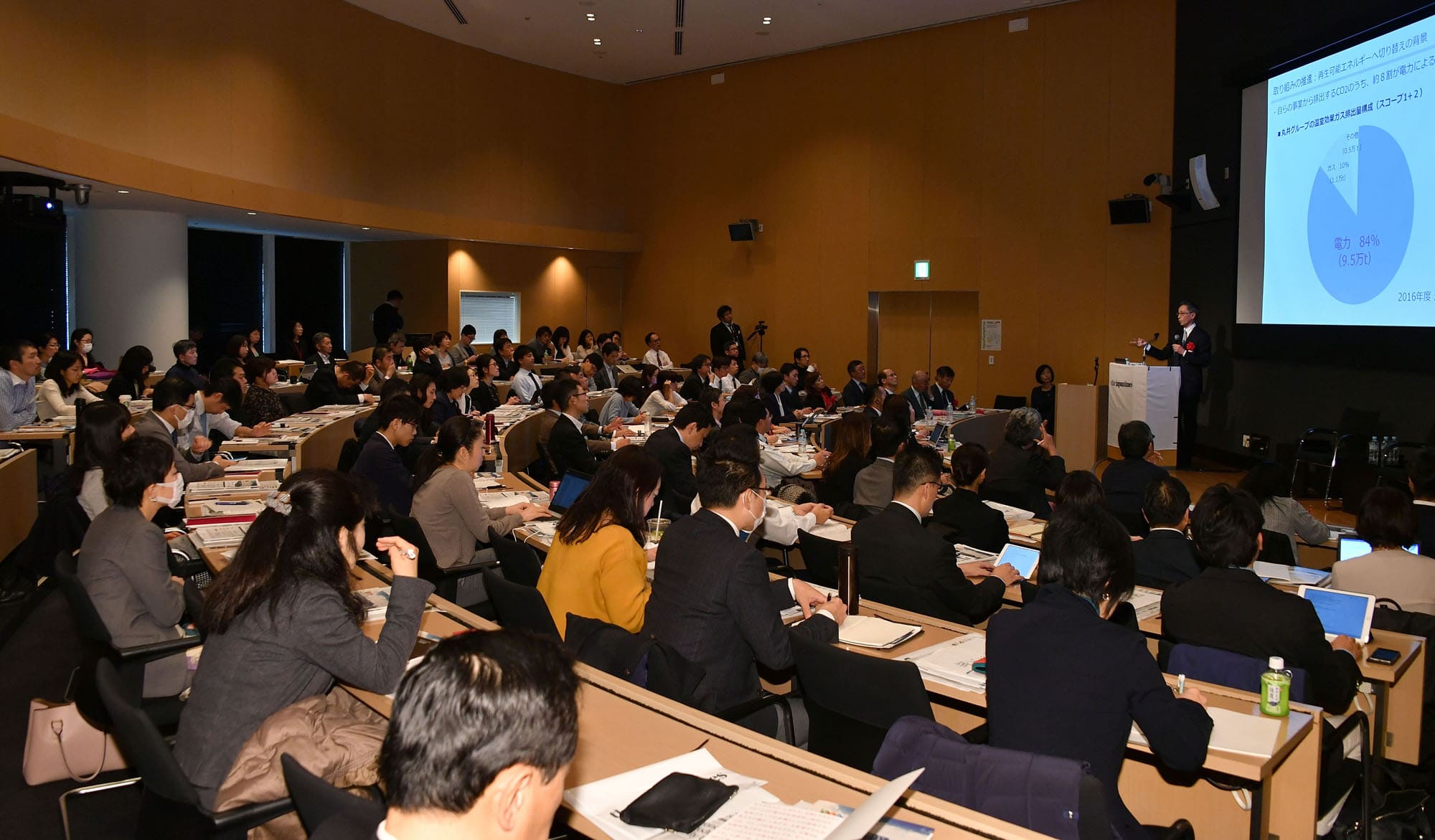February 21, 2025
Fixing modern misinformation with ‘self-correcting mechanisms’
Project professor, Keio University
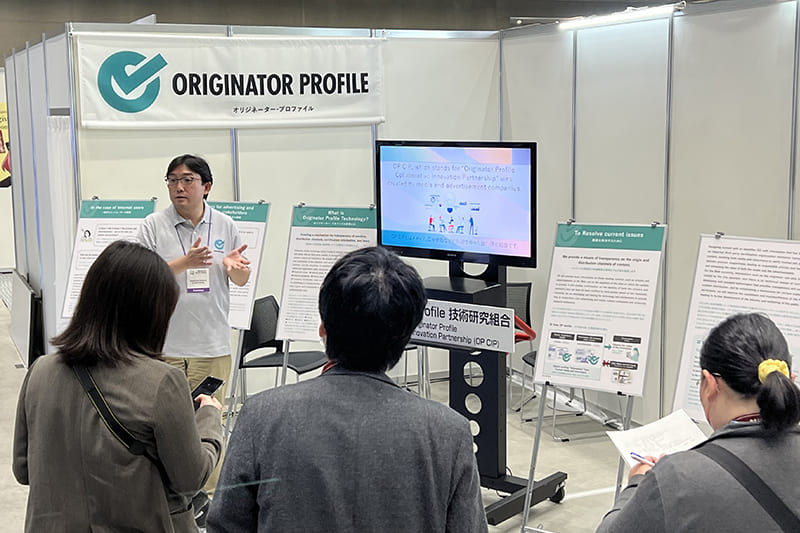
After the internet became widely available, people began to get information from an increasing number of sources on a daily basis. Many came to be overwhelmed and are now inundated with misinformation and disinformation.
Historically, the means of information transmission developed step by step from clay tablets to papyrus scrolls and, in modern times, mass media such as newspapers and television, which deliver information from a handful of sources to a vast number of receivers. In the last half-century, the internet has made direct person-to-person communication easy. On the internet, anyone can be a source of information.
On the other hand, this has resulted in information of mixed quality, including misinformation and disinformation. In other words, in a society where information is freely exchanged, the quality of information depends on the soundness of the sender.
Historian and science writer Yuval Noah Harari’s latest work, “Nexus,” discusses disinformation and misinformation through the lens of “information networks,” his model of the mechanisms of information transmission from a historian’s point of view. The concept refers to the ways in which people create, share and store information and is distinct from the conventional understanding of “networks” in communication technology. The book provides examples of how information is created, how it connects people and societies, and how it can lead to fragmentation.
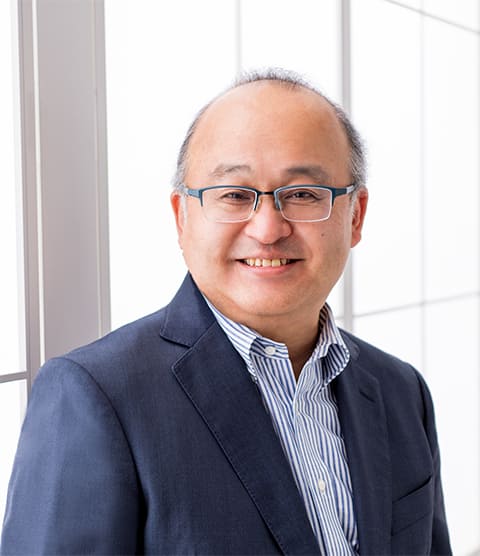
In our society, the sound dissemination of information by the mass media is an essential element. In this respect, the “self-correcting mechanisms” discussed in “Nexus” have many implications. These mechanisms are the ways in which errors and distortions in information networks are removed or fixed. Information should be reliably communicated so that recipients can confirm the sender and ensure that it was delivered as intended.
Since the mass media exist in order to disseminate information widely, the identity of such senders can be confirmed. In addition, it is essential for the sender to be clear about the norms it follows. Mass media are expected to transmit information with a certain degree of self-discipline, so their commitment to this generally leads to self-correcting mechanisms to ensure soundness.
Originator Profile digital technology, which is being developed by media-related companies and researchers at Keio University, can implement certain self-correcting mechanisms. In addition to technology that can verify a sender’s identity and technology that ensures information is delivered as intended, a mechanism that encourages self-discipline in the transmission of information is implemented through a combination of technology and governance.
It is possible to confirm that the text and images on a web page have not been tampered with, along with the identity of the sender. In addition, it is possible to confirm the sender’s position and background through multiple third-party checks, such as confirmation of membership in an organization and certification by an accreditation organization. In particular, governance is carefully designed to prevent the centralized control of the distribution of information. At the same time, the reliability of the sender is indicated to the receiver, promoting awareness. With the cooperation of several media companies and the support of the Japanese government, we have implemented a proof-of-concept system and an almost production-ready system. We have been experimenting with the systems since 2023.
The need for sound information distribution is not limited to the media. At the time of the 2024 Noto earthquake, various disinformation and misinformation was circulated and local authorities had trouble getting information out, leading to confusion among many people in the area. With support from the Ministry of Internal Affairs and Communications and in cooperation with Tottori Prefecture, we will experimentally apply Originator Profile to local governments’ dissemination of information.
Furthermore, beyond the media category, we are also working on digital advertising, which has similar issues with disinformation and misinformation. The key to the establishment of a democratic society is the free distribution of information, and in order to sustain this, it is necessary to have a healthy distribution of information based on a certain level of self-discipline. We aim to promote the distribution of healthy information through activities surrounding Originator Profile.

